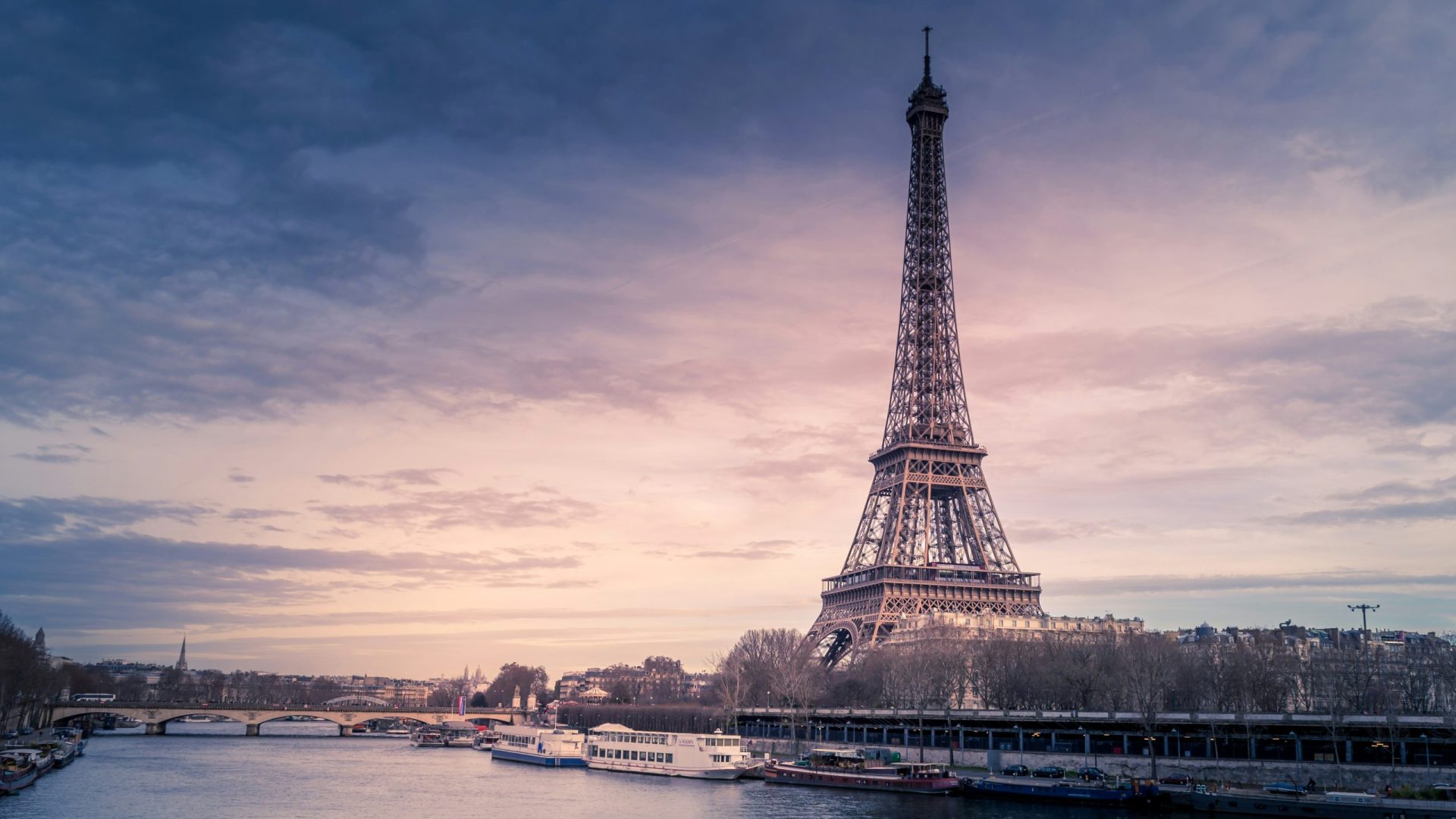
Every Olympic season requires a good “will they pull it off in time?!” drama. This year, it’s making the Seine swimmable. Could the clean-up effort change the city forever, for good?


Every Olympic season requires a good “will they pull it off in time?!” drama. This year, it’s making the Seine swimmable. Could the clean-up effort change the city forever, for good?
For over 100 years, the Seine has been closed to swimmers for water safety reasons. Now, with the world watching, the city has invested USD$1.5 billion to clean up the river in time to host long-distance swim races this Olympics.
Thus far, most of the news coverage has been focused on whether city officials have been unrealistic about the timeline and an apparent lack of Plan Bs. But there’s a clear upside even if the river won’t be spotlight-ready for the world stage: The clean-up is an environmental success story.
“The clean-up of the Seine will change the feeling of the city,” Parisian and National Geographic photographer Tomas Van Houtryve told Adventure.com. He lives in Paris and photographed Mayor Anne Hidalgo’s media stunt swim on July 17. “Once swimming is open to the general public, I think it will be more joyful to walk along the Seine during the summer, with the sounds of people jumping and splashing.”
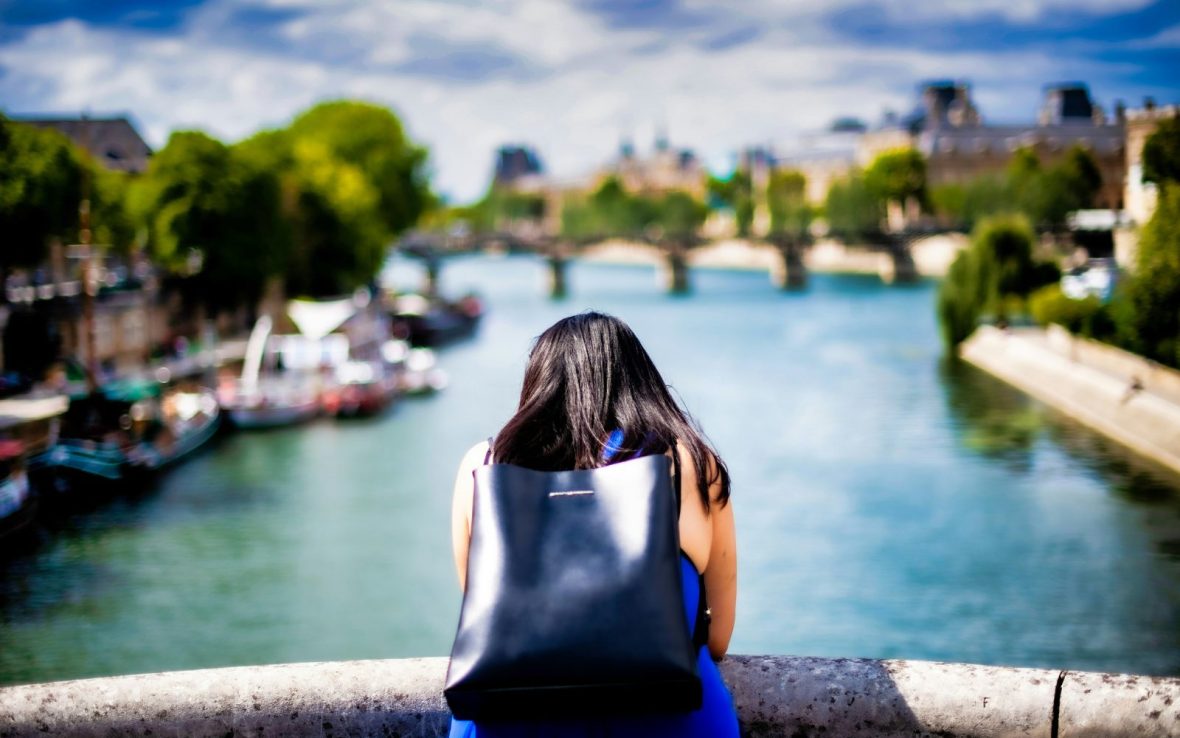
The Olympic Games have long provoked economic skepticism about whether they’re “worth it” for the host city. While the bidding and award process catapults host cities into the spotlight for years surrounding the Games, it can be hard to measure whether resulting tourism revenue makes up for the significant investment. New sports are regularly added to the Olympics, so even cities that have already previously hosted the games, as Paris did in 1900, have to build new venues or renovate existing ones.
The price tag of the Paris games is estimated to be USD$8.2 billion. That’s actually relatively cheap compared to other recent investments made since 1992 in Sochi, Tokyo, London, Rio de Janeiro, and Barcelona, all of which topped USD$10.7 billion.
While the Olympics spurred street beautification projects like tree planting and upgrading sidewalks, and a temporary uptick in public art projects, Newman says he’s “not impressed with the survival of some of those efforts.”
The sheer cost of hosting has made it harder and harder to find hosts for the Olympics. Los Angeles was the only city to bid on the project for the 1984 games, and aside from Paris, was the only city that didn’t withdraw its bid for 2024. LA will host again in 2028, and Brisbane was the only city to bid on the 2032 games.
But economic impact aside, there may be less tangible, longer-term benefits to host cities that improve life for residents. Harvey Newman, a professor emeritus from the Andrew Young School of Policy Studies at Georgia State University, spent a lot of time studying the impact of the 1996 games in Atlanta. It’s hard to pinpoint whether the games were directly responsible for making a net improvement on life in the city, he says, but there were some clear advantages.
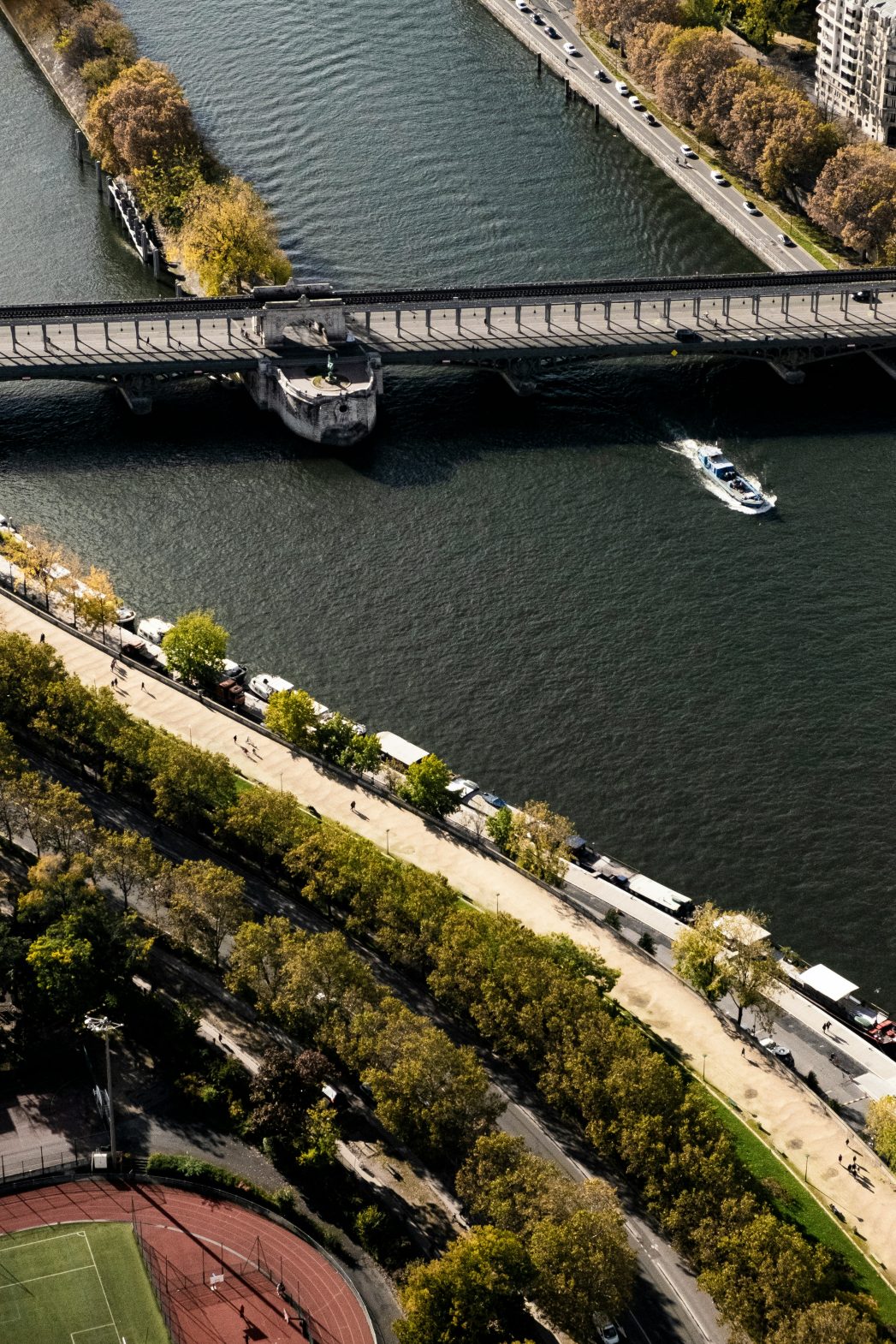
For one thing, there hadn’t been much housing in downtown Atlanta before the games, and the Olympic bid jumpstarted developers’ ability to sell and rent multifamily housing there. This resulted in a “real boom in loft conversions of some existing buildings, and new construction,” Newman says, which “added to the character of the area—both residential and commercial.”
The games also required increasing the city’s hotel capacity, which he said increased from 70,000 rooms to a peak of about 100,000 a few years later. This was a “tremendous addition” to the city, and improved its position as a hub for transportation, conventions, and meeting centers.
“That was a shot in the arm that continued to fuel our convention and visitor industry until the pandemic, of course, really shut down business travel and a sort of business on which the Atlanta hotel industry really thrived,” says Newman.
On the downside, some outdated public housing buildings were bulldozed to make room for new facilities. While they weren’t well-maintained and didn’t necessarily provide a comfortable standard of living, demolishing them pushed low-income families away from easy access to public transit, increasing their commutes and adding more problems.And while the Olympics spurred street beautification projects like tree planting and upgrading sidewalks, and a temporary uptick in public art projects, Newman says he’s “not impressed with the survival of some of those efforts.”
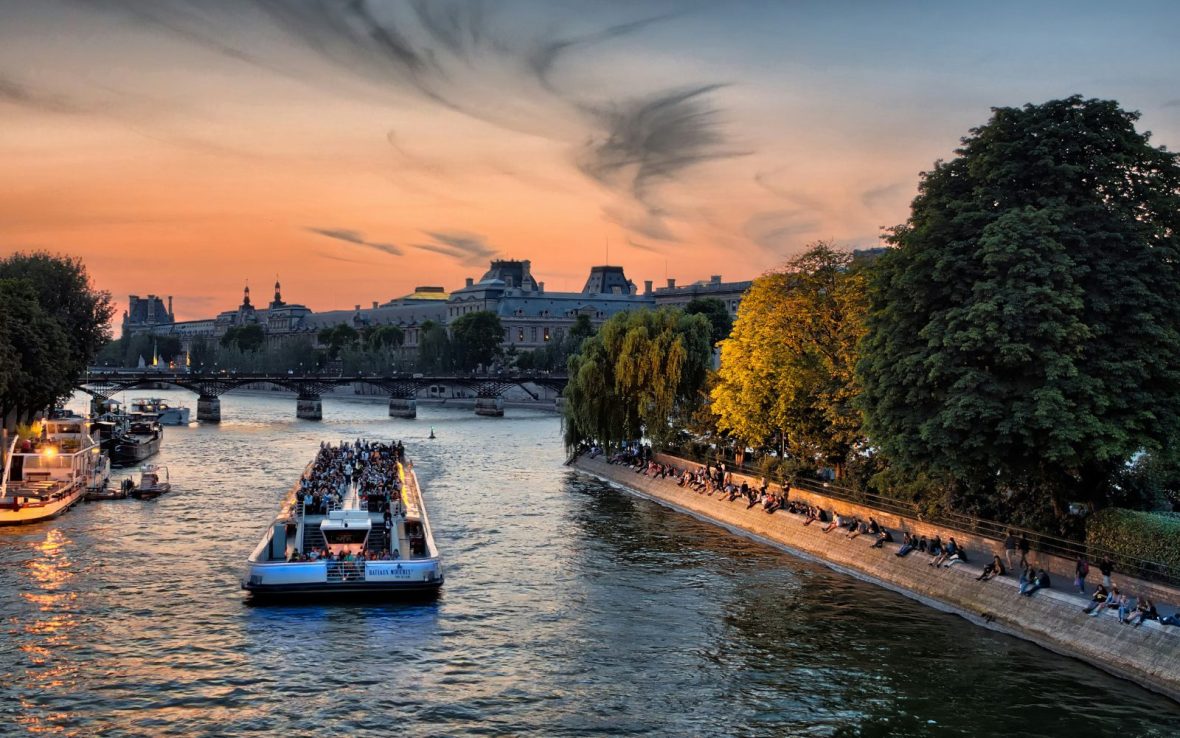
Of course, hosting can also instill pride in a city that’s harder to measure in economic impact. Newman recalled attending a conference in Houston many years ago where he was asked to explain what made Atlanta a ‘better’ or more special city.
Of course, the Olympics came to mind. Organizers worked hard to secure private investments to make the city truly Olympian. The city deserves bragging rights for pulling it off and gaining international cache, he says.
“The pre-Olympics clean-up will change Parisians’ relationship to the water. It won’t just be a stretch of water to cross on a bridge in a hurry.”
- Baptiste Saint-Laurent, Rosa Bonheur bar
Newman worked as a volunteer for the 1996 games, and said he knew something incredible was happening when he attended the rehearsal for the opening ceremony. The stadium was built in a part of the city that had a bad reputation for crime at the time of the games, he said, and it wasn’t a place you’d want to walk a mile back to your car at 1am. But when the event ended, he realized there were 50,000 to 60,000 people walking with him. You looked around and said, ‘this is going to be special,’” he said. “And it was.”
In London, the 2012 Olympics sped up pre-existing plans to revitalize the lower-income East End, according to The Guardian. Major changes to the area included cleaning up contaminated soil from a former industrial site to create the Queen Elizabeth Olympic Park. The International Olympic Committee claims the games were responsible for funneling GBP£400 million into the area and increasing local employment by 40 percent. But did it leave the legacy it claimed?
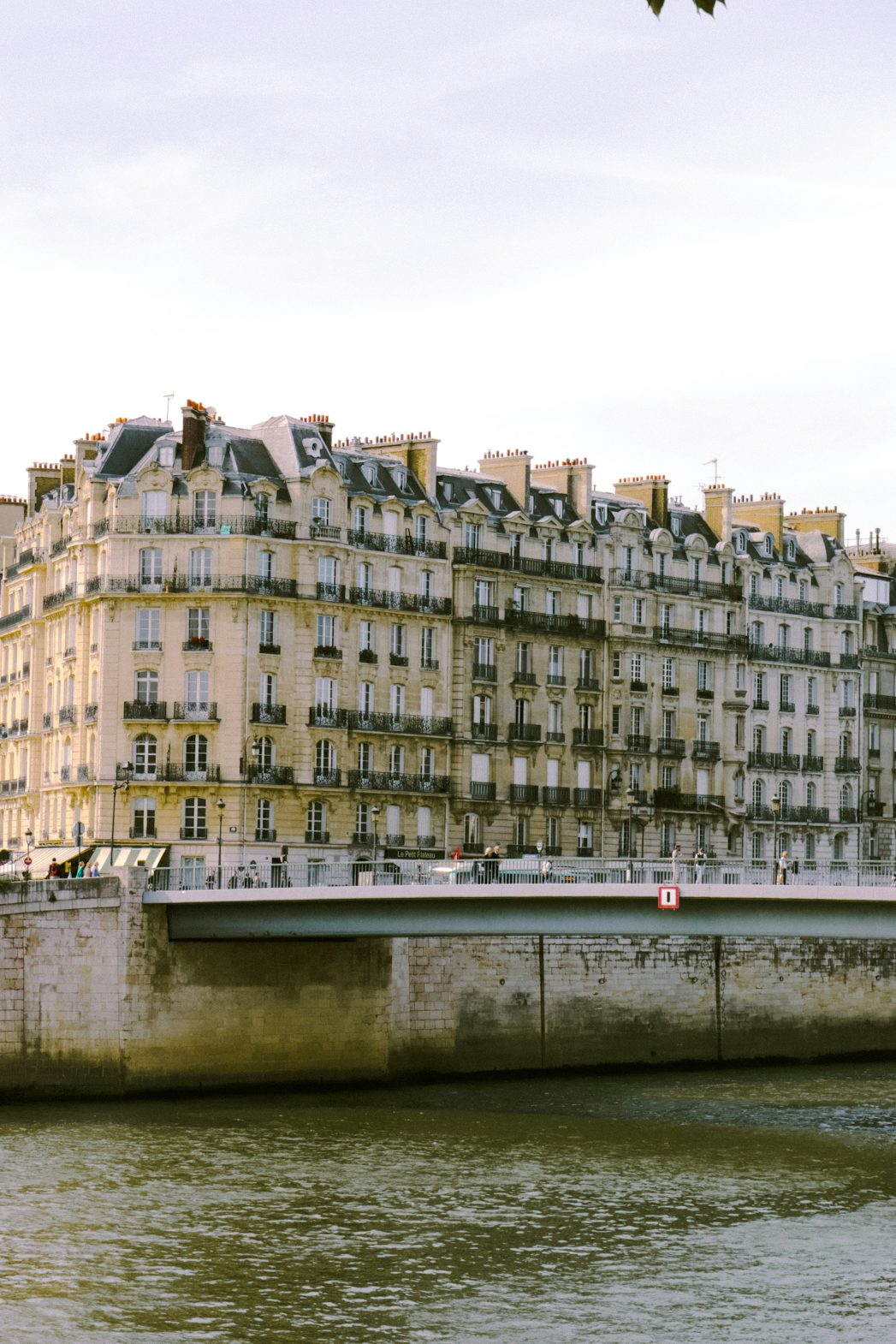
There has been debate and controversy over whether the ‘legacy’ of the games was as successful as hoped, but the East End, and particularly the Stratford area, undeniably went through a transformation. Today, the Olympic Park is still a huge and cared-for green space. It provides easy and popular recreation opportunities for a part of the city that was previously isolated from large, manicured parks.
Parisians hope the Seine revitalization will bring similar recreation opportunities. The city plans to open three new swimming spots by 2025.
“The pre-Olympics clean-up will change Parisians’ relationship to the water,” Baptiste Saint-Laurent, director of Rosa Bonheur, a bar and dance boat moored on the river, told The Guardian. “It won’t just be a stretch of water to cross on a bridge in a hurry. I grew up on the edge of the Seine in Normandy, I learnt to swim in the Seine when I was seven. So historically, this is an important moment because people in the city will reclaim the river.”
Many thanks to National Geographic for sharing their images. For more on this story, see Natgeo.com.
****
Adventure.com strives to be a low-emissions travel publication. We are powered by, but editorially independent of, Intrepid Travel, the world’s largest travel B Corp, who help ensure Adventure.com maintains high standards of sustainability in our work and activities. You can visit our sustainability page or read our Contributor Impact Guidelines for more information.

Kassondra Cloos is a travel journalist from Rhode Island living in London, and Adventure.com's news and gear writer. Her work focuses on slow travel, urban outdoor spaces and human-powered adventure. She has written about kayaking across Scotland, dog sledding in Sweden and road tripping around Mexico. Her latest work appears in The Guardian, Backpacker and Outside, and she is currently section-hiking the 2,795-mile England Coast Path.






Can't find what you're looking for? Try using these tags: